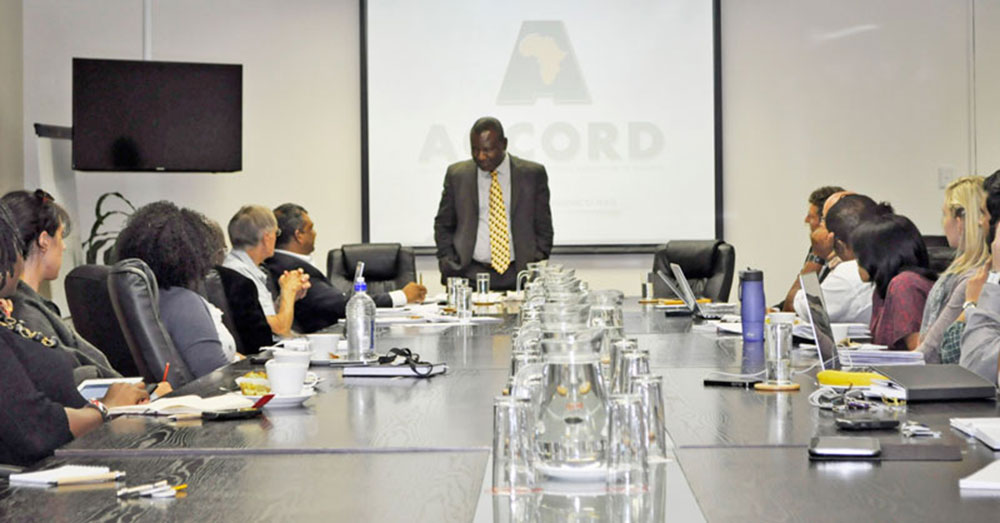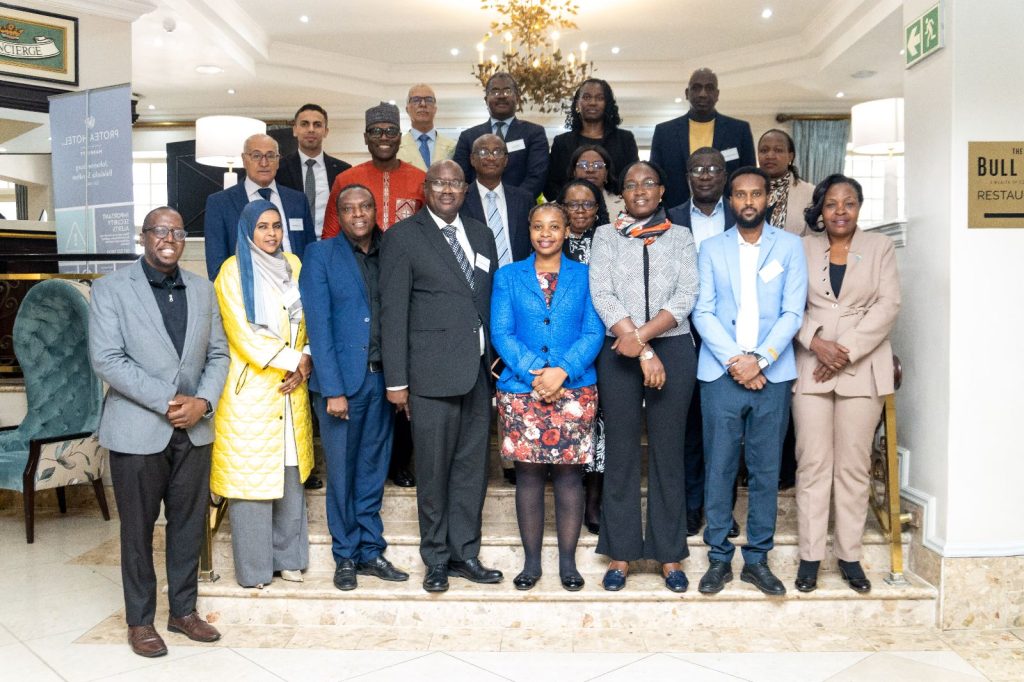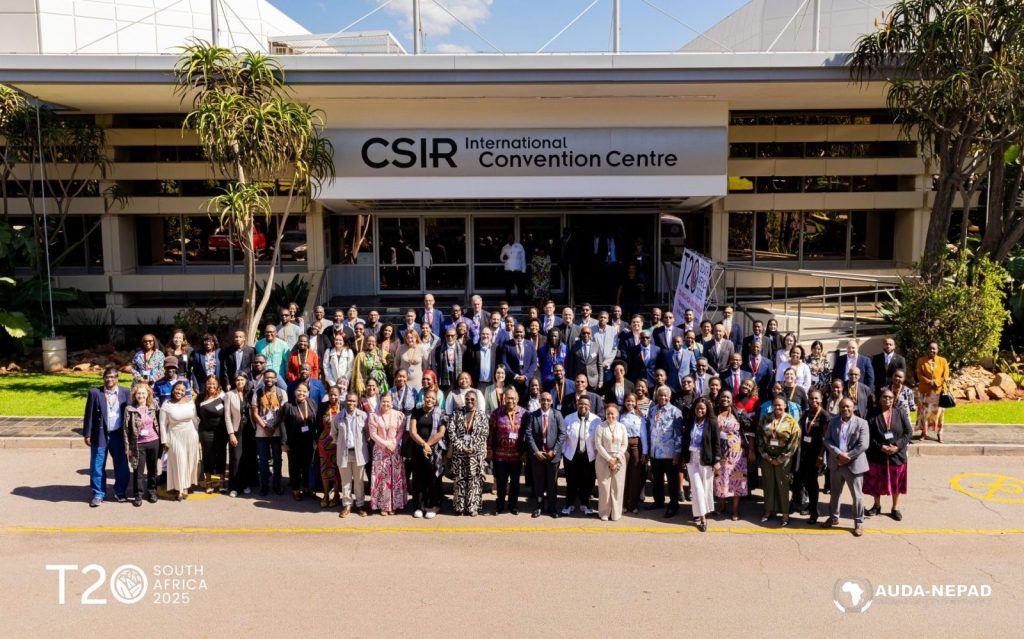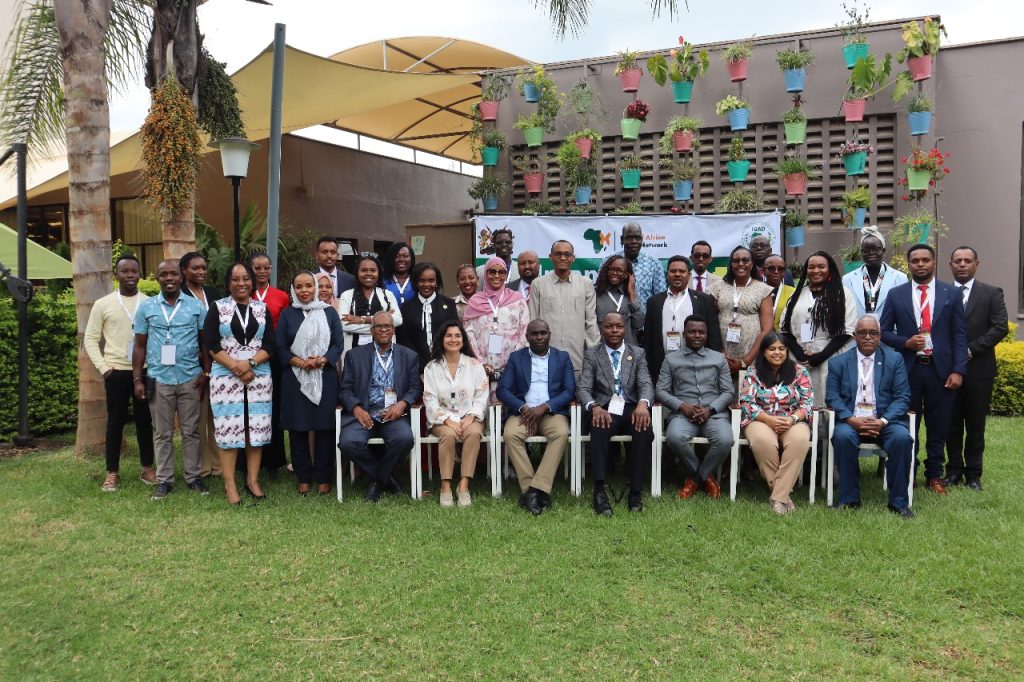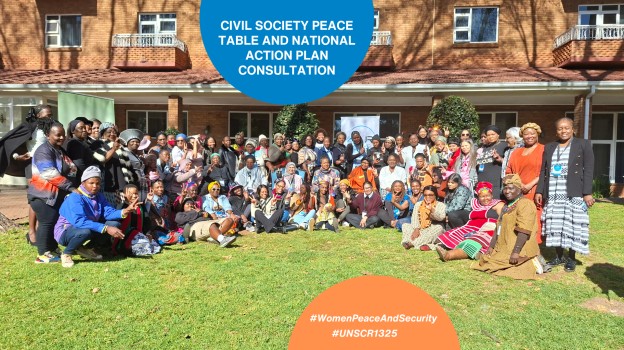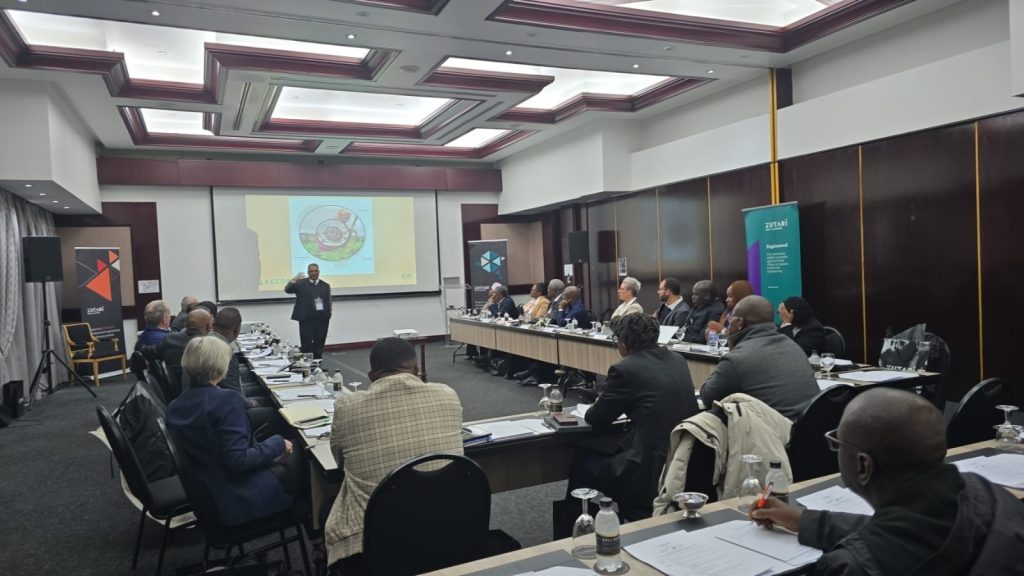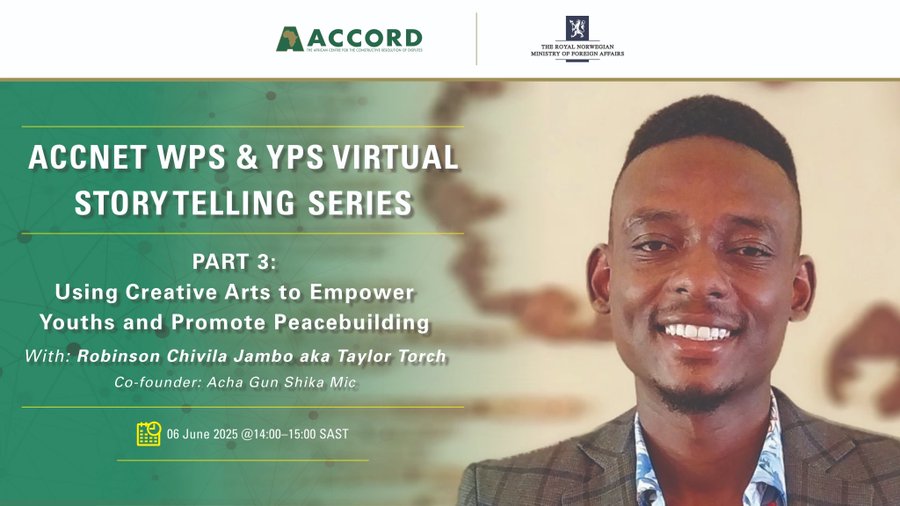Within the context of heavy reliance on litigation by parties to disputes, the practicality of utilising Alternative Dispute Resolution (ADR) methods in resolving conflict in Africa was the focus of an Internal Staff Seminar held on 20 January 2014 at the African Centre for the Constructive Resolution of Disputes’ (ACCORD) Durban offices. The seminar formed part of the introductory stages of a new partnership between ACCORD and the Centre for African Peace and Conflict Resolution (CAPCR) at California State University, Sacramento in the United States of America.
The partnership aims to promote understanding of the benefits of ADR in managing and reducing conflict in Africa. A key activity of this partnership will be the co-hosting of the 4th International Africa Peace and Conflict Resolution Conference scheduled for July 2014 in Johannesburg, South Africa.
As part of a consultative visit to ACCORD, Professor Ernest Uwazie, Director of the Centre for African Peace and Conflict Resolution and Professor of Criminal Justice at California State University gave a presentation titled ‘Expanding Alternative Dispute Resolution in Africa: Lessons from East and West Africa’. Prof Uwazie explained that notable among ADR methods are arbitration and mediation. He defined ADR as a concept that encompasses a series of mechanisms for resolving or managing conflicts that are linked to, but function outside formal court litigation. While arbitration reportedly has stronger roots and is more commonly used in African countries, mediation is emerging as the preferred alternative in handling different types of disputes. Prof Uwazie added that recent emphasis by donor agencies, particularly the World Bank, on expanding the use of ADR in commercial cases suggests that mediation may become more popular than arbitration, or indeed litigation. This, he explained, was due to the process and outcomes satisfaction benefits inherent in the application of the concept.
The presenter utilised the platform to share lessons learnt and best practices from the use of ADR in selected East and West African countries, suggesting that ADR was fast becoming the preferred choice of disputants. He made reference to the Nairobi Centre of International Arbitration, Kigali Arbitration Centre, Economic Community of West African States (ECOWAS) and the African Union (AU) – which works with The Elders to meditate high level disputes – to illustrate the adoption and use of ADR methods both at country and continental level.
Prof Uwazie explained that the institutionalisation of ADR as the primary means of dispute settlement, while promising, also has some challenges. Among these, the following would need to be catered for through legislation:
- confidentiality – the extent of confidentiality should be settled prior to any engagement with conflicting parties as explicitly confirming that proceedings will be treated confidentially can prevent confusion and minimise liability
- qualification of neutrals – standards should be set for the level of training required for mediators
- benefits and contribution to mediators – as ADR attempts to bring in lawyers and judges, the time away from their work needs to be compensated
- agreeing on the types of disputes (commercial, land, family etc.) that can be handled using ADR methods.
The presentation was followed by a vibrant discussion which revolved around the best ways to promote ADR, in spite of the existing trend which favours litigation. Prof Uwazie explained that although Africans have and still employ traditional conflict resolution mechanisms, the weakening of traditional authority due to urbanisation and modernisation has led to weakening influence of the traditional authority, resulting in the further undervaluing of ADR methods. This is even though, he explained, only one out of five people who go through the court system for dispute resolution would want to do it again, due to lengthy delays and expensive legal fees.
With its 21 years of experience in conflict resolution in Africa and beyond, ACCORD remains committed to researching, applying and advancing ADR mechanisms and peace and conflict resolution initiatives across the continent and globally, thus putting the institution in a prime position to co-host the 4th International Africa Peace and Conflict Resolution Conference in partnership with CAPCR.
The conference will focus on identifying best practices or lessons of current programmes, projects and initiatives and promoting information exchanges on key gains, progress made and common challenges. It will also, among others, create opportunities for continent-wide regional/international networking in peacebuilding practice and research and facilitate the development of common standards of ethics for ADR.

